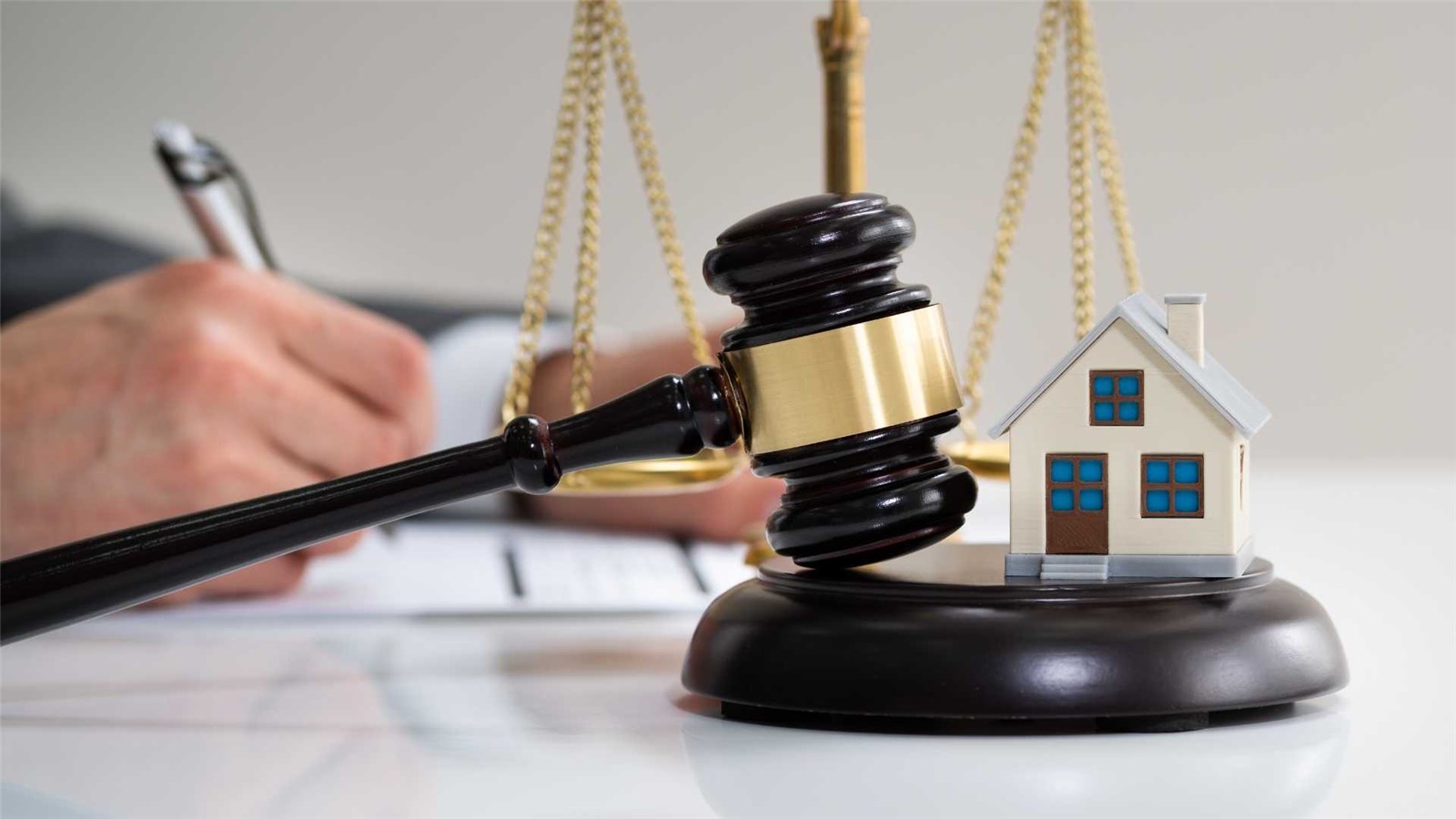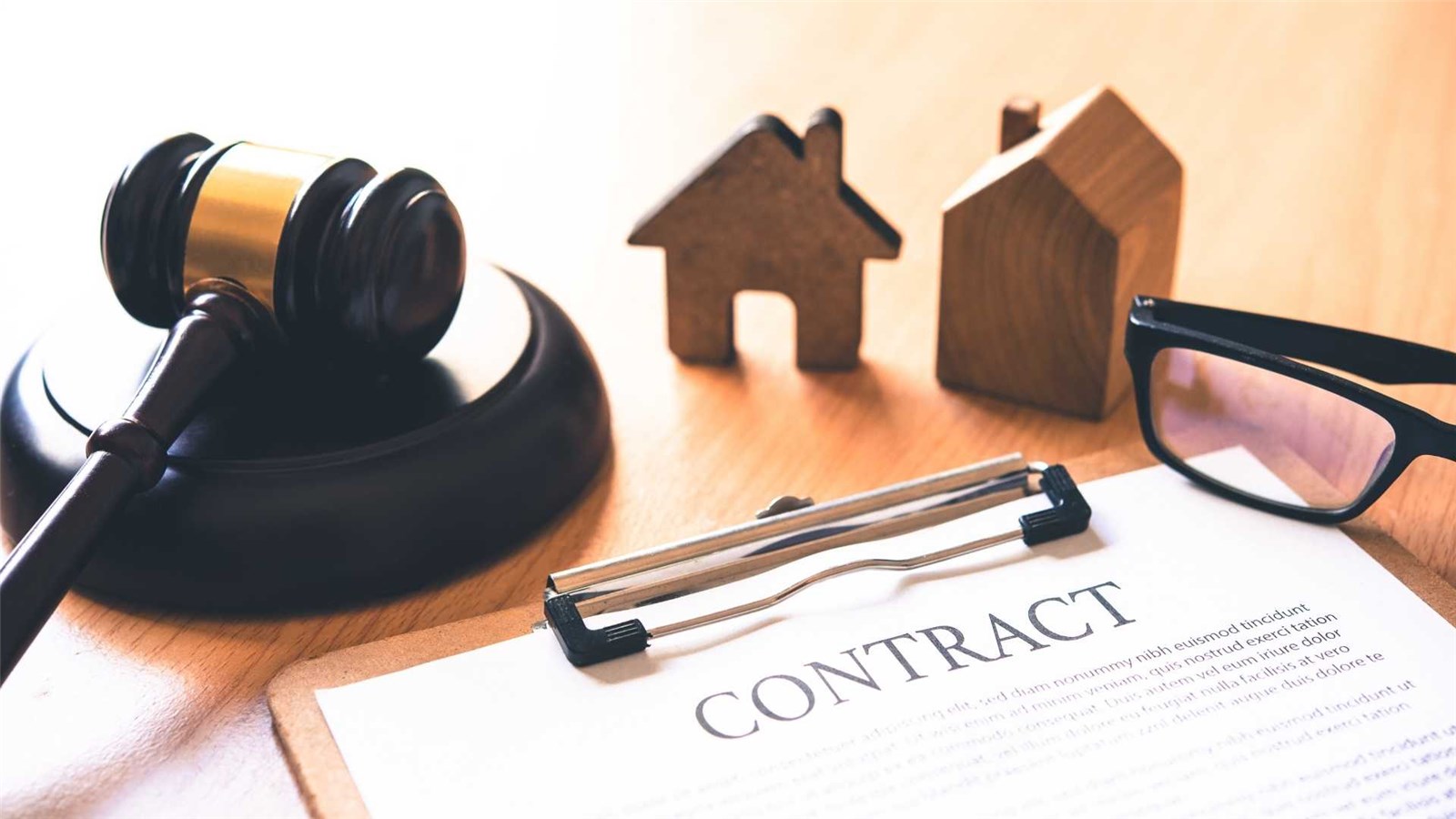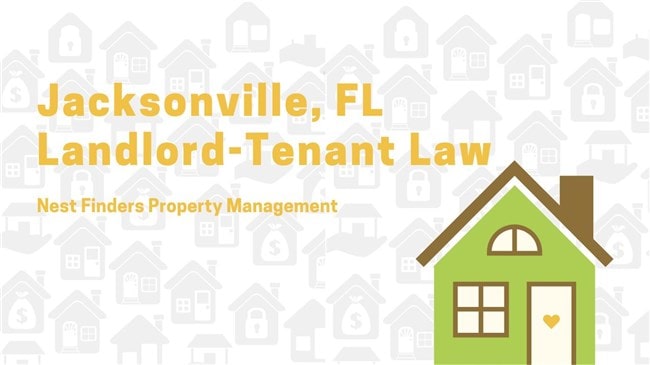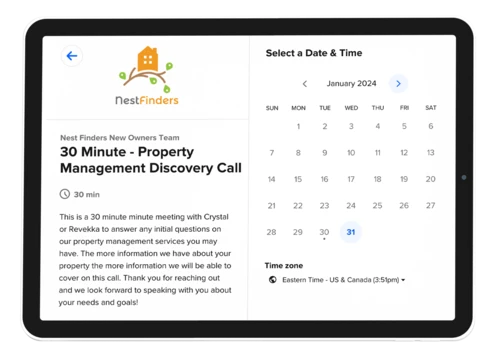Are you just getting started as a landlord and want to acquaint yourself with the Florida landlord-tenant act? Or, are you simply looking to refresh your knowledge of the state’s tenancy laws? Either way, this guide to Florida's Landlord Tenant Laws should help!
In Florida, a rental agreement can be entered into either orally or through a written rental agreement between the landlord and tenant for it to be considered valid. Once established, Chapter 83 of the Florida Statute automatically kicks in. The statute gives both the landlord and their tenant certain inherent rights and responsibilities that they must observe for the entire lease term.
The following is a basic overview of Florida landlord-tenant laws.
Required Landlord Disclosures in Florida
It’s mandatory for landlords in Florida to make certain information to prospects known prior to lease or rental agreement signing. Landlords can do so either within the lease terms or in a separate agreement. They are as follows:
- - If a landlord is renting out a home that was built before 1978, they must let tenants know about the information regarding lead-based paint concentrations. This is a federal law is one of the reasonable provisions that applies to all landlords in all fifty states.
- - A landlord must provide a tenant with all the names and addresses of the property owners. The same must also be done if the property is managed through a third party.
- - If a landlord asks tenants for a security deposit and rents out at least 5 units, they must disclose the manner in which they’re storing the deposit per security deposit laws.
- - A landlord must let their tenant know about the presence of radon gas, whether or not it is present.

Florida Renters’ Rights and Responsibilities
Tenants in the state of Florida have certain rights. Per Florida statutes tenants have the right to:
- - Live free from any form of housing discrimination per the Fair Housing Act
- - Inhabit a property that meets the minimum standards of habitability when they have paid rent
- - Enjoy their rented premises in peace and quiet
- - Access a judicial eviction process if the landlord fails in their duties
- - Be provided advance reasonable notice prior to the landlord's entry into the dwelling unit
- - Be provided the aforementioned disclosures through a proper notice
- - Exercise any of their rights without being retaliated against
- - Be provided a written notice prior to a rent increase
- - Terminate the rental agreement before the end of the rental period without penalty for certain legitimate reasons or if their Florida residential landlord fails to adhere to the terms of the lease agreement.
- - Have their security deposit returned within 15 days after moving out at the end of the lease agreement.
Per Florida law, tenants also have set responsibilities when they sign an agreement. The list of tenant's responsibilities in Florida includes the following:
- - Keeping the dwelling unit in a safe, sanitary, and habitable condition that abides by health codes
- - Pay rent on time and in full
- - Keeping all dwelling fixtures, such as electrical and plumbing, in a clean and sanitary manner and using them in a reasonable way
- - Maintaining the neighborhood's peace
- - Not destroying or causing damage to any part of the property
- - Notifying the landlord prior to moving out at the end of the lease
- - Notifying the landlord is going to be away for an extended period of time
- - Repairing the damage that they are liable for
- - Notifying the landlord within a reasonable time when maintenance issues come up

Landlords’ Rights and Responsibilities in Florida
The following are some of the rights that landlords in Florida have according to Florida law. The right to:
- - Receive periodic rental payments made within a timely manner per the lease agreements
- - Reimbursement of the costs for rental property damage exceeding normal wear and tear
- - Make security deposit deductions for property damage or if a tenant decides to withhold rent
- - Hold a tenant liable for all the remaining rent under the lease when a tenant breaks their lease early. Unlike most other states, Florida doesn’t require landlords to mitigate damages for their rental unit
- - Ask tenants for a security deposit to protect the rental unit in addition to the amount that they pay rent
- - Evict a tenant for nonpayment of rent or when the tenant fails to abide by the terms of the written lease agreement
- - Charge whatever amount of rent, as Florida doesn’t have a statewide rent control law in place
- - Screen tenants prior to moving in and reject applications when a tenant unreasonably withholds consent to a background check as long as the process is devoid of any form of housing discrimination
- - Enter a tenant’s rental unit to perform a duty required of them
The list of landlord responsibilities per Florida statutes is as follows:
- - Provide tenants with a home that meets the statutory habitability standards and health codes where the tenant's personal property can be stored while paying rent to the landlord
- - Provide tenants with both the federal and state-required disclosures
- - Serve a 12 hours advance notice prior to entering a tenant’s rented unit
- - Treat a tenant fairly and respectfully in accordance with the provisions of the Florida Fair Housing Laws
- - Notify a tenant prior to raising their rent. The amount of written notice landlords need to provide the tenant depends on the frequency of rent payments
- - Return the tenant’s security deposit on time, and only make allowable deductions from the security deposit
- - Evict a tenant through the judicial eviction process and accommodate tenant disputes during this process prior to gaining possession of the dwelling

Overview of the Florida Landlord Tenant Law
Habitability
Per Florida law, landlords must provide their tenants with a livable space. This is a requirement under the legal doctrine of “implied warranty of habitability.” The following are some of the items that landlords in Florida are responsible for providing to their tenants:
- - Electrical wiring and outlets
- - Water
- - Plumbing/sanitation
- - Dwelling structures
If renting out a multi-family unit to a tenant, a landlord also is responsible for pest control and garbage removal related to the applicable building. The following items may also fall under landlord responsibilities if addressed in the lease agreement:
- - Heating
- - Bed bugs
- - Mold
Tenant Evictions
No matter what a tenant has done, a landlord must not physically evict them from their rented premises. Doing so would constitute a form of a “self-help” eviction and that would be illegal. To remove a tenant, a landlord must follow the statewide eviction process which can involve sending a specific number of days notice via certified mail and a hearing in a county court.
Repairs
As a landlord, it’s your responsibility to repair and maintain any amenities that you provide your tenants with. After being notified by a tenant of a repair or maintenance issue, a landlord must respond within 7 days. If a landlord doesn’t, their tenant may have various options to pursue including withholding future rent payments and deducting the cost of the repairs from future rent.
Security Deposits
Certain rules apply to the collection, holding, and return of a tenant’s security deposit. Landlords must store the deposit in a separate bank account in a Florida banking institution and return tenants' security deposits, or whatever remains of the security deposit, within 15 days of them moving out. Also, per Florida statutes, landlords may only make deductions to a tenant’s deposit for allowable reasons and must provide the tenant written notice of the deductions. Examples of such reasons include unpaid rent and damage exceeding normal wear and tear.



